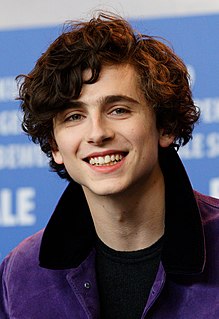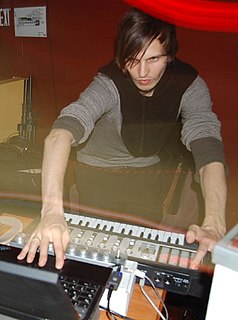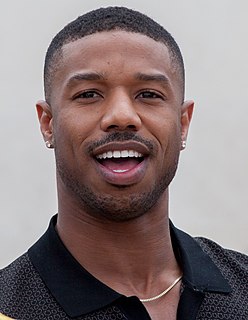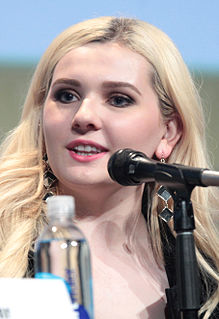A Quote by Asif Kapadia
I don't really rely on watching video monitors. They put you at a certain distance from your actors, and it makes me feel less a part of what's really happening in the scene.
Related Quotes
I really feel that actors should really know who they are as characters; they should really study their lines; they should be prepared; but once they come to set, for me the most exciting way to shoot a scene is to really find it, really kind of grind your way through it, until you feel like you have something that you can put together.
When I got into the movie business, working with actors was the one thing I was really weak at. I didn't know what to say to actors. They scared me and intimidated me. The actors that I've worked with who have had a lot of experience, or who I've even grown up watching as a kid, were really scary. I was like, "What am I going to say to this person?" But, I've matured. It's fun. I understand what actors do now.
I'm not attached to a certain scene. There was certain music - and techno was a part of it - that really formulated something for me, that really was a direct connection to what I experienced in my life. Going to parties and listening to techno at home helped form my musical identity. And that changed throughout my life.
I always feel super uncomfortable when it's like ah, there probably has to be a sex scene. I feel really bad and then always look around to see if anyone is watching me while I'm writing. I want to apologize to people who have to read those sex scenes, but I feel like it's part of the characters life, it's important.
Adidas has invested so much into this collab and into me. It'd be easy for any brand, with some of the spearheads that they have in their roster, just to say, "We got this guy and that guy over there, the Pusha T thing can just be - eh." But they haven't spared any expense, they've let their creativity run wild, and it really makes me feel that I'm a part of a family. It makes me feel like they enjoy watching the growth of Pusha T.
It's never really fun to have to cry in a scene, or anything like that. I just try to put myself in the characters position, and that helps. It's never really fun, but at the same time, if you're having a really bad day, it's a great way to get out all of your frustration by doing a really angry or sad scene. That's always a good release.
My activism really is for myself, because I see places in the world where I feel I should be. If there is something really bad, really evil, happening somewhere, then that is where I should be. I need, for myself, to feel that I have stood there. It feels a lot better than just watching it on television.






































